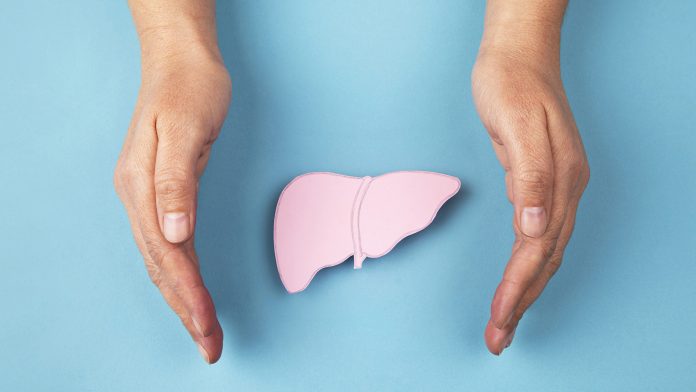
A high-fibre diet may increase the risk of liver cancer in some individuals, according to new research from the University of Toledo.
A fibre-rich diet is commonly used to promote weight loss and prevent diseases such as diabetes and cancer; however, consuming too much fibre, especially in those with a silent vascular deformity could increase the risk of liver cancer.
Researchers from the University of Toledo have published findings outlining the underappreciated role the gut plays in the development of liver cancer. These findings can be found in the Gastroenterology journal.
“We have worked for a long time on this idea that all diseases start from the gut,” said Dr Matam Vijay-Kumar, a professor in the Department of Physiology and Pharmacology in the College of Medicine and Life Sciences and the paper’s senior author.
“This study is a notable advancement of that concept. It also provides clues that may help identify individuals at a higher risk for liver cancer and potentially enable us to lower that risk with simple dietary modifications.”
Inulin may cause liver cancer
Previous research from Dr Vijay-Kumar, published in the Cell journal, found that a high percentage of mice with defects to their immune system developed cancer after being fed a diet fortified with inulin.
Inulin is a plant-based fermentable fibre that is often promoted as a prebiotic and is regularly available in supermarkets and health shops. It is also a common ingredient in processed foods.
The researchers acknowledge that inulin will promote metabolic health in most consumers but warn that one in ten previously healthy mice in their study developed live cancer after being placed on an inulin-heavy diet.
“That was very surprising, given how rarely liver cancer is observed in mice. The findings raised real questions about the potential risks of certain refined fibres, but only now do we understand why the mice were developing such aggressive cancer,” said Dr Vijay Kumar.
During their study, the researchers found that all the mice that developed malignant tumours had high concentrations of bile acids in their blood. This was caused by a congenital defect known as a portosystemic shunt, which had previously gone unnoticed.
In a healthy body, blood leaving the intestines goes to the liver where it is filtered before returning to the rest of the body. When a portosystemic shunt is present, blood from the gut detours away from the liver, remaining unfiltered and corrupting the body’s general blood supply.
All the mice with excess bile acids in their blood were vulnerable to liver injury, but only those that were fed inulin developed liver cancer. Importantly, 100% of the mice who were fed inulin developed cancer.
This research could help to identify cancer sooner
“Dietary inulin is good in subduing inflammation, but it can be subverted into causing immunosuppression, which is not good for the liver,” said Dr Beng San Yeoh, a postdoctoral fellow and the paper’s first author.
“The role of the gut and gut bacteria in health and disease is an exciting and important area of research, and our team is providing new insights on the leading edge of this field,”
These findings could help clinicians identify those who are at a high risk of liver cancer long before any advanced tumours develop.
After theorising that high levels of bio acids may serve as a marker for liver cancer risk, the researchers tested bile levels in serum samples collected between 1985 and 1988. The 224 male participants in the study who developed liver cancer had baseline blood bile acid levels that were twice as high as those who did not develop liver cancer.
The researchers also examined the relationship between fibre consumption, bile acid levels and liver cancer in humans. They found that high total fibre intake reduced the risk of liver cancer by 29% in those whose serum bile acid levels were in the lowest quartile of their sample.
However, the participants who had high blood bile acid levels, and high fibre intake resulted in a 40% increase in the risk of liver cancer.
“Based on our findings, we believe this simple blood test should be incorporated into the screening measurements that are routinely performed to monitor health,” concluded Dr Vijay-Kumar.






















